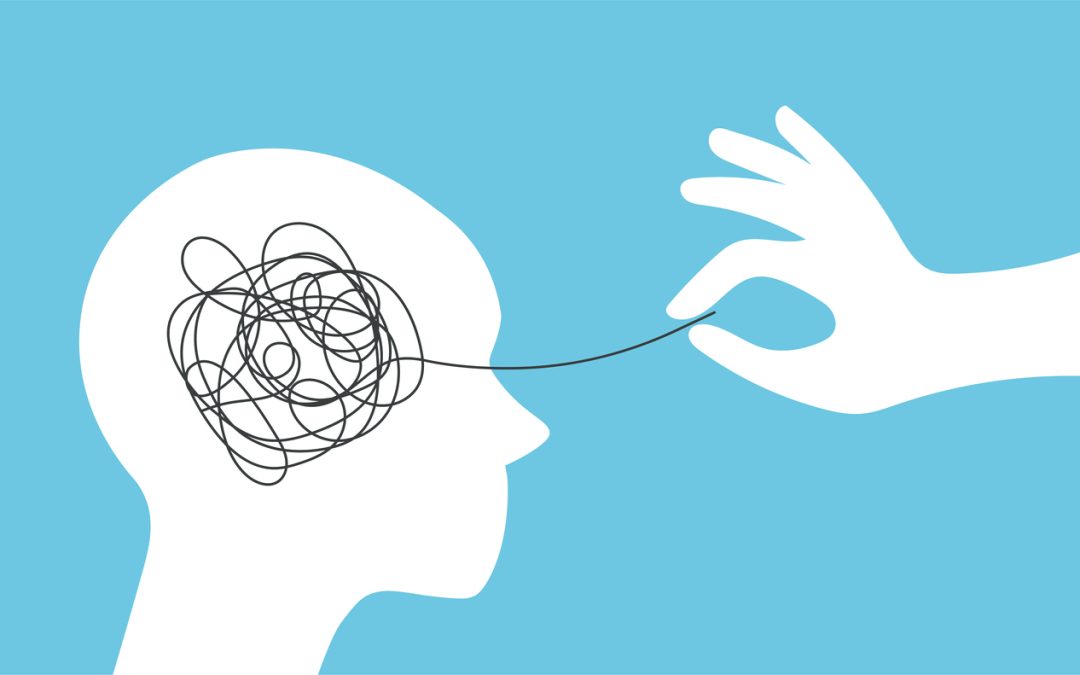We live in an age where it is not unusual to see a brother, sister or classmate to move to another country or even to another continent. Due to the Russian invasion, many countries have accepted refugees from Ukraine, and after the pandemic, more and more people work remotely and, without being limited to living near the workplace, decide to travel and move outside their home country. For this reason, pharmacists working in local drug stores around the world increasingly have to help people of different nationalities, speaking different languages. In everyday pharmaceutical practice, communication is often a decisive factor in patient safety and achieving the desired therapeutic effects. Unfortunately, as language barriers increase, so does the risk of misunderstandings between patients and pharmacy staff.
Studies have described many cases in which a poor understanding of the pharmacist’s recommendations resulted in harm to the patient’s health. These situations included the administration of ten times the recommended dose of barbiturates to a newborn by the mother, as her command of English was limited. The main issue reported by pharmacy employees when dealing with patients with a language barrier is explaining non-standard medication regimens and changes in dosage. A large part of foreign-language patients also fails to visit pharmacies to collect subsequent doses of their medicines. Pharmacists play a significant role in raising people’s awareness of the correct use of medicines, especially in terms of their dosage. The lack of training and support in this area means that pharmacy employees who experience language barriers in their daily work are frustrated and feel powerless to help their patients properly. In this year’s spring issue of the PM Healthcare Journal, a study was published in which 77% of surveyed pharmacists from England showed the need and willingness to learn and participate in trainings on how to deal with foreign language patients.
In the United States, an average of one in ten working people has limited English language skills, and about 15% of American adults over the age of 18 (or more than 37.5 million people) suffer from hearing problems. For these social groups, visiting both doctors’ offices and pharmacies, without access to the services of a professional medical interpreter, is extremely difficult. Unfortunately, many medical facilities provide interpreter services on an ad hoc or informal basis, often relying on interpretation by a family member of the patient or an employee. In addition to the interpretation itself, such a person must also answer potentially complex questions about the diagnosis or medical procedures. With this type of practice, the risk of omitting or misunderstanding relevant information is very high and can result in negative health implications for the patient. Therefore, providing access to the services of a qualified interpreter in medical facilities, including pharmacies, will have a positive impact on patients’ adherence to doctor’s recommendations, and, ultimately, on the results of treatment. It will also reduce inequality in access to medical services.
Before computerisation and the days of the Internet, the only solution that medical facilities could provide to patients was to hire a professional interpreter who would always be present in the event of a visit from a foreign-speaking patient, or to hire a multilingual pharmacist. However, this approach had many limitations – one person can speak only a limited number of languages and is only able to provide services for a limited number of hours a day. Hiring such an employee also entails additional costs that local pharmacies are often unable to cover. Medical interpreters must not only have medical knowledge and be able to present it in a given language, but also pass it on to patients with an appropriate dose of cultural sensitivity to minimise the discomfort and stress associated with such situations.
In recent years, qualified medical interpreters are able to provide services over the phone thanks to the rapid development of telemedicine. Such a solution means that one interpreter will be able to handle several medical facilities during their working day, reducing the financial burden of individual pharmacies, and they can do it from the comfort of their own home. In the era of computers, it is becoming necessary for this profession to have the ability to handle all kinds of electronic media, as they are increasingly used to facilitate the lives of foreign-language patients. You can use instant messaging apps like WhatsApp to send text messages, photos, videos, and voicemail messages. It is a free application that can be used by people all over the world, including pharmacists and interpreters. Although it does not meet the requirements for security and confidentiality of medical data, it can save or at least improve the patient’s quality of life in difficult situations such as a pandemic. At this point, there is a full spectrum of possibilities for app developers and facilities with larger funds that can develop more advanced applications for contact with patients for their own use, which will be able to provide some of the services without the intervention of an interpreter. The results of research on the possibility of introducing a fully automated system for writing and translating e-prescriptions and recommendations for the use of medicines are already available. Such a system not only gives patients guidance in their native language, but also translates medical terms into a language that is more easily understandable by people without education in this field. Technological progress offers a wealth of opportunities.
When developing new solutions for pharmacy, we recommend the linguistic services of KONTEKST’s qualified translators who have the necessary medical knowledge and are able to ensure that the language of the delivered translations will be relevant to their audience.
Sources:
https://www.researchgate.net/publication/51177731_Language_barriers_in_the_community_pharmacy_A_survey_of_Northern_and_Western_Auckland
https://pharmaceutical-journal.com/article/news/patients-facing-language-barriers-receive-worse-care-say-majority-of-pharmacy-professionals
https://www.pmhealthcare.co.uk/uploads/Journals/PM Healthcare Journal – Spring 2023_V4.pdf
https://forhealthconsulting.umassmed.edu/blog/2020/06/24/role-and-value-professional-medical-interpreters-post-covid-19-world/
https://onlinelibrary.wiley.com/doi/full/10.1002/hsr2.851
https://aclanthology.org/2020.findings-emnlp.251.pdf
